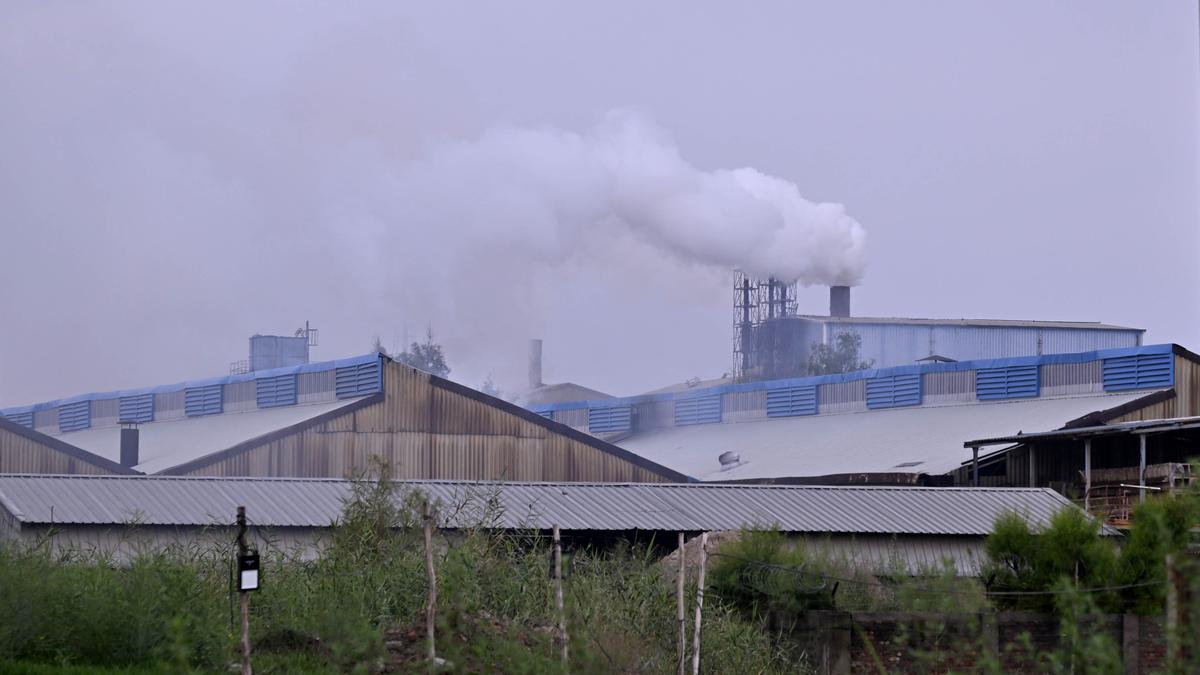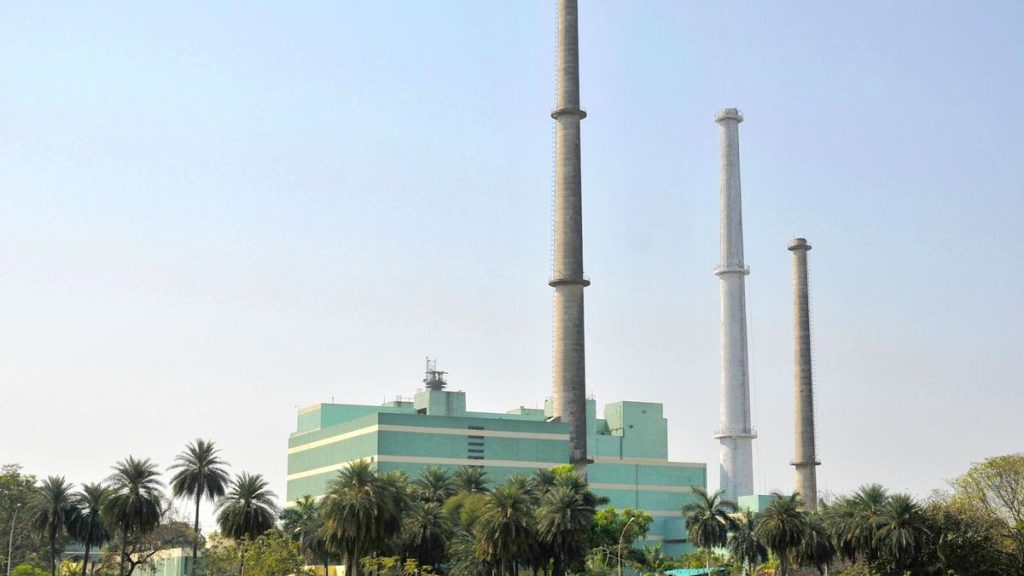Now Reading: Only 20% of Cities Meet NCAP Goals, Parliamentary Data Reveals
-
01
Only 20% of Cities Meet NCAP Goals, Parliamentary Data Reveals
Only 20% of Cities Meet NCAP Goals, Parliamentary Data Reveals

Quick Summary
- Only 25 of the 130 cities funded under the National Clean Air Program (NCAP) have reduced PM10 levels by a minimum of 40% as per data presented in the Lok Sabha.
- NCAP, launched in 2019, aimed for a reduction in particulate matter (PM2.5 and PM10) levels by up to 30% from baseline levels of 2017, later revised to achieve a maximum of 40% reduction in PM10 by March 2026. No targets were set for PM2.5 under the revision.
- Cities are funded either through the Finance Commission Million Plus City Challenge Fund or Union Ministry schemes for pollution control; ₹13,036.52 crore was allocated across 130 cities as performance-linked grants.
- While some cities saw considerable advancement (Bareilly -76%, varanasi -74%, Firozabad -59%, Dehradun -57%), others reported an increase in PM10 concentrations when compared to baseline years.
- Mumbai showed significant progress with a 44% reduction in PM10 since FY2017-18; however, other metropolitan areas like Delhi (15%) and Chennai (12%) showed modest improvements.
Indian Opinion Analysis
The mixed results from India’s National Clean Air Programme reflect both challenges and achievements. While notable improvements were seen in certain cities like Bareilly and Mumbai due to focused interventions, urban centers such as Delhi continue to lag behind despite their critical need for action against air pollution. The disparity between achieving targets highlights potential gaps either in funding utilization or implementation efficiency across different regions.
India has recognized air pollution as a significant public health concern through programs such as NCAP but clearly faces hurdles-ranging from city-specific infrastructural limitations to competing socio-economic priorities-that hinder consistent progress nationwide. Addressing these disparities would require greater accountability mechanisms alongside stronger technology-based solutions tailored specifically for India’s diverse urban environments.
For long-term success toward sustainable air quality improvement goals beyond just meeting annual benchmarks or percentages reductions, integration with broader environmental policies is imperative.
Read more: The Hindu

























